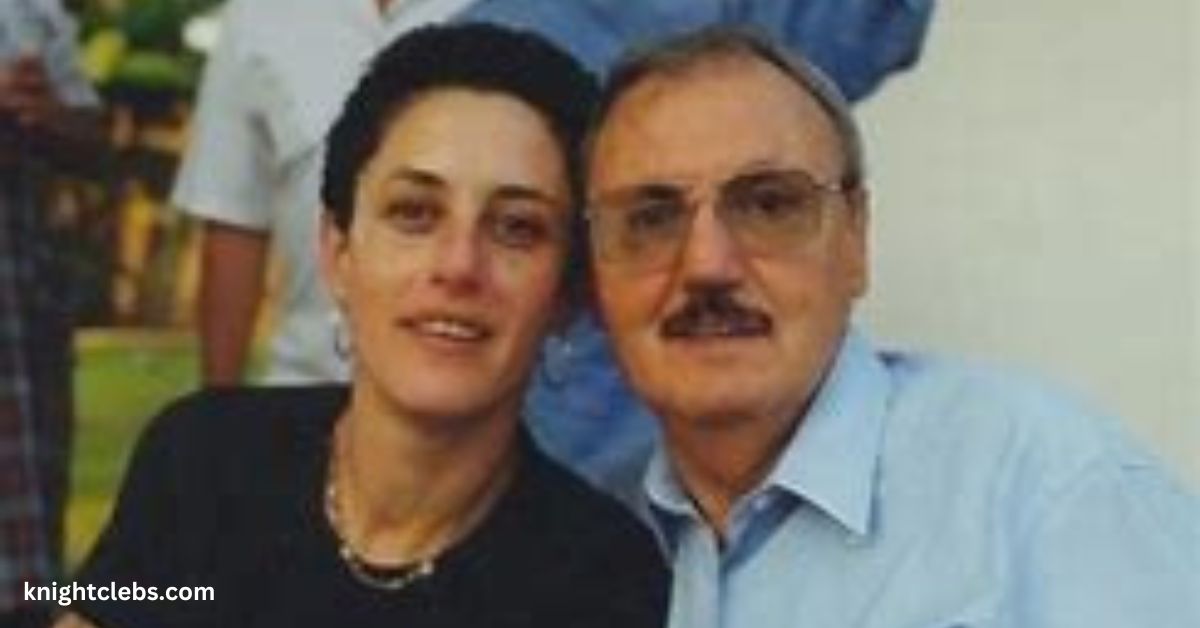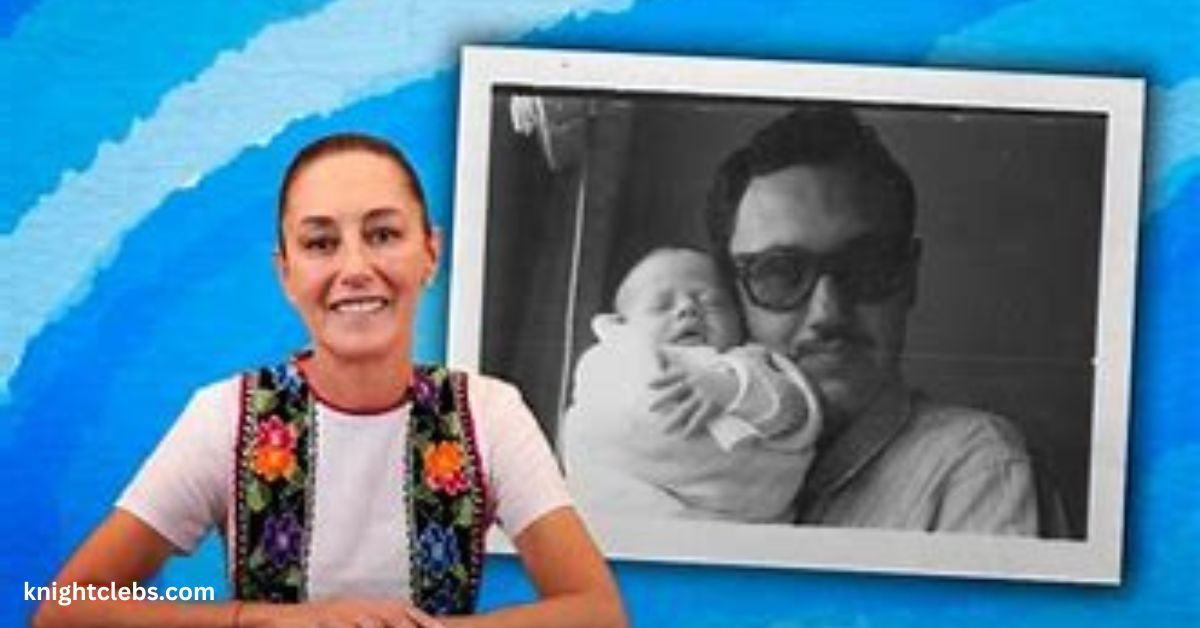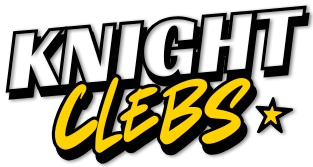Carlos Sheinbaum Yoselevitz was a key figure in Mexico’s leather tanning industry. His work changed how leather was made in the country. Carlos Sheinbaum Yoselevitz helped start the first company in Mexico to produce an important chemical for tanning leather. His name is well known in business and engineering circles.
Many people recognize Carlos Sheinbaum Yoselevitz for his leadership and innovation. He worked hard to improve leather production and set new industry standards. Carlos Sheinbaum Yoselevitz impact is still felt today in Mexico’s economy and industry.
Carlos Sheinbaum Yoselevitz Bio
| Profile Summary | Details |
| Full Name | Carlos Sheinbaum Yoselevitz |
| Date of Birth | February 25, 1933 |
| Place of Birth | Guadalajara, Jalisco, Mexico |
| Profession | Businessman, Chemical Engineer |
| Key Contributions | Co-founder of Sintacrom de México, pioneer in leather tanning chemicals production |
| Industry Focus | Leather tanning, chemical engineering |
| Leadership Roles | President of the Mexican Federation of Leather Chemists and Technicians |
| Notable Legacy | Modernizing Mexico’s leather industry, influencing industrial standards |
| Family | Father of Claudia Sheinbaum, President of Mexico |
| Date of Death | August 29, 2013 |
| Nationality | Mexican |
Carlos Sheinbaum Yoselevitz Net Worth
Carlos Sheinbaum Yoselevitz (1933–2013) was a Mexican businessman and chemical engineer renowned for his pioneering contributions to the leather tanning industry in Mexico. He co-founded Sintacrom de México, S.A. de C.V., the first Mexican company to produce basic chromium sulfate, a key chemical in leather tanning, and served as its technical commercial director for over 30 years. His leadership helped modernize and expand the Mexican leather industry, making a significant impact on the country’s industrial development.
Born in Guadalajara to a Lithuanian Ashkenazi Jewish family, Carlos was also politically active in his youth, associated with the Mexican Communist Party. He married biologist Annie Pardo Cemo and had three children, including Claudia Sheinbaum, who became Mexico’s president in 2024.
Regarding his net worth, there is no publicly available or documented information detailing Carlos Sheinbaum Yoselevitz’s financial status. However, given his foundational role in a pioneering industrial company and his decades-long leadership in the leather chemical sector, it is reasonable to infer that he accumulated considerable wealth during his lifetime. Still, precise figures or estimates remain private and undisclosed.
Also Read This: Charles and Stephanie Hurt Wedding Pictures
We Are the Champions Meaning: Unpacking the Resilience in Queen Anthem
The Queen anthem We Are the Champions is famous for its message of resilience and victory after struggle. This same spirit of perseverance fits well when talking about Carlos Sheinbaum Yoselevitz and his journey in the leather tanning industry. Like the song, Sheinbaum faced challenges in developing new technologies and growing a business in a competitive market. He showed strength by pushing through difficulties, building something important in Mexico’s industrial world.
His story is a great example of how hard work and dedication lead to success. The leather tanning industry requires constant innovation and leadership, much like how the anthem talks about overcoming odds to become a champion. Carlos’s leadership and creative problem-solving helped modernize leather production, much like a champion changing the game. The anthem’s message reminds us that resilience is key, whether in music or in business.
Effects of Having No Friends as a Teenager: A Deep Dive into Its Lasting Impact
Growing up can be tough, especially if you feel alone or don’t have many friends. This experience shapes who you become later in life. For Carlos Sheinbaum Yoselevitz, growing up in a politically active family during a turbulent time in Mexico brought social challenges. Being part of a family involved in activism, and sometimes feeling isolated, likely influenced how he saw the world and made him stronger.
These early social experiences helped Carlos develop empathy and leadership skills. Feeling like an outsider can push someone to focus deeply on personal goals and causes they believe in. For Carlos, this meant not only excelling in chemical engineering but also standing up for social issues. His early life taught him lessons about resilience, social responsibility, and the importance of community — lessons that guided his career and activism.

Carlos Sheinbaum Yoselevitz Bio/Wiki
Carlos Sheinbaum Yoselevitz was a Mexican businessman and chemical engineer. Born in Guadalajara in 1937, he made a lasting impact on Mexico’s leather tanning industry. He passed away in 2019, but his work continues to influence the field today. Carlos is also known as the father of Claudia Sheinbaum, the current President of Mexico, which adds to the interest in his life story.
His career combined science, business, and social activism. He helped develop important chemicals used in leather tanning and was a pioneer in bringing new technologies to Mexico. His family background, marked by activism and intellectual pursuit, shaped his approach to work and leadership.
Who is Carlos Sheinbaum Yoselevitz?
Carlos Sheinbaum Yoselevitz was more than a businessman. He was an innovator in the leather tanning industry and a leader who pushed for progress in Mexico. He co-founded Sintacrom de México, a company key to producing chromium sulfate, an essential chemical for tanning leather. This achievement helped Mexico become a global player in leather production.
Besides business, Carlos had deep involvement in social and political movements. His work and activism influenced both his industry and his country’s political scene. He was respected for blending science with a vision for social change.
Carlos Sheinbaum Yoselevitz Early Life and Background
Carlos grew up in Guadalajara, Mexico, in a family with Jewish Ashkenazi roots. His father was politically active, which exposed Carlos early on to social justice ideas and political struggles. This background influenced Carlos’s values and shaped his later involvement in political activism during the 1968 Mexican Movement.
He studied chemical engineering at the National Autonomous University of Mexico (UNAM) and also attended the University of Guadalajara. His education gave him the technical skills to innovate in the chemical and leather industries. Growing up in a politically engaged family helped Carlos develop a strong sense of responsibility toward society and business ethics.
Carlos Sheinbaum Yoselevitz Career and Achievements
Carlos co-founded Sintacrom de México, a company that revolutionized leather tanning in Mexico by producing basic chromium sulfate. This chemical is vital for the tanning process and before Sintacrom, Mexico depended heavily on imports. His leadership as technical commercial director for more than 30 years helped the company grow and succeed.
His achievements earned him respect in both chemical engineering and the leather industry. He played a critical role in improving the quality and availability of tanning chemicals in Mexico, supporting local leather manufacturers, and raising industry standards. Over his career, Carlos received various awards recognizing his contributions and leadership.
Carlos Sheinbaum Yoselevitz Contributions to the Leather Tanning Industry
Carlos Sheinbaum Yoselevitz’s biggest contribution was his role in producing basic chromium sulfate domestically in Mexico. Before his work, leather tanners relied on expensive imports. By helping Sintacrom produce this chemical locally, Carlos not only cut costs but also boosted the Mexican leather industry’s ability to compete worldwide.
This innovation modernized leather production, encouraging Mexican companies to adopt better processes and technologies. Carlos’s efforts helped improve industry standards and professional training for workers. His work supported environmental and technological advances that made tanning more sustainable and efficient.
Carlos Sheinbaum Yoselevitz Leadership Roles
As president of the Mexican Federation of Leather Chemists and Technicians, Carlos led important initiatives to unite and improve the leather sector. He helped organize the National Technical Meeting of Tanning, a key event where experts shared knowledge and innovations. Under his guidance, the federation promoted best practices and sustainability.
His leadership focused on bringing new technologies into the industry and encouraging companies to adopt eco-friendly methods. Carlos understood that strong leadership could raise industry reputation and competitiveness internationally.
Carlos Sheinbaum Yoselevitz Personal Life and Legacy
Carlos married Annie Pardo Cemo, and together they raised a family including Claudia Sheinbaum, who became Mexico’s president. His personal life blended with his professional one, as political activism was important in his family. He actively participated in the Mexican Movement of 1968, advocating for social change.
His legacy lives on through his contributions to the leather industry and his family’s political impact. Carlos left behind a story of innovation, leadership, and social commitment that continues to inspire.
Carlos Sheinbaum Yoselevitz Net Worth
Carlos’s net worth remains private, but his success in business and leadership in the chemical and leather industries indicates significant financial achievement. His work with Sintacrom de México positioned him as a key figure in a vital industry, contributing to Mexico’s economic development. His financial success reflects his influence and innovation.
Carlos Sheinbaum Yoselevitz Influence in the Mexican Leather Industry
Carlos Sheinbaum Yoselevitz helped Mexico become a leader in leather tanning worldwide. His innovations improved product quality and production efficiency, allowing Mexican leather goods to compete globally. By fostering industry growth and professional training, he ensured the sector’s long-term success.
His legacy includes a stronger, more modern leather industry that continues to benefit from his work. Many tanning companies and professionals still follow standards and practices he helped establish.
Carlos Sheinbaum Yoselevitz Social and Professional Recognition
Throughout his career, Carlos earned many awards and honors for his technical skill and leadership. Beyond business, his participation in social movements like the 1968 protests gained him respect as an advocate for justice. His reputation is that of a thoughtful leader who valued both professional excellence and social responsibility.
Fun Facts about Carlos Sheinbaum Yoselevitz
Carlos was born in Guadalajara in 1937. He belonged to a family with strong political ties and Jewish heritage. One interesting fact is his close family connection to Claudia Sheinbaum, which adds a political dimension to his story. Carlos’s life blended science, business, and activism in unique ways that few combine.
Carlos Sheinbaum Yoselevitz Video and Images
Including videos and images of Carlos Sheinbaum Yoselevitz would help readers connect with his story visually. Photos of him at industry events, with family, or participating in political activism would tell more about his personality and impact. Visual content makes the article more engaging and informative.
Frequently Asked Questions about Carlos Sheinbaum Yoselevitz
People often ask what Carlos’s main contribution was to the leather industry. The answer is his pioneering work in producing chromium sulfate in Mexico, which transformed tanning practices. Another common question is how he relates to Claudia Sheinbaum — he is her father. He also played an active role in the 1968 Mexican Movement, advocating for student rights. Finally, many want to know how he influenced Mexico’s leather production, which was by modernizing the chemical processes and supporting the industry’s growth.
Conclusion
Carlos Sheinbaum Yoselevitz left a deep mark on Mexico’s leather tanning industry through innovation and leadership. His technical achievements and social activism shaped both his profession and the country’s political life. His legacy teaches us about the power of resilience, innovation, and commitment to community. Through his story, readers can learn how determination and vision create lasting impact.

KnightClebs is your ultimate destination for the latest celebrity and entertainment news. Stay updated with exclusive stories, breaking headlines, and insider gossip. From glamorous red carpet events to behind-the-scenes scoops, we bring you all the buzz straight from Hollywood and beyond. Keep up with your favorite stars on KnightClebs.


